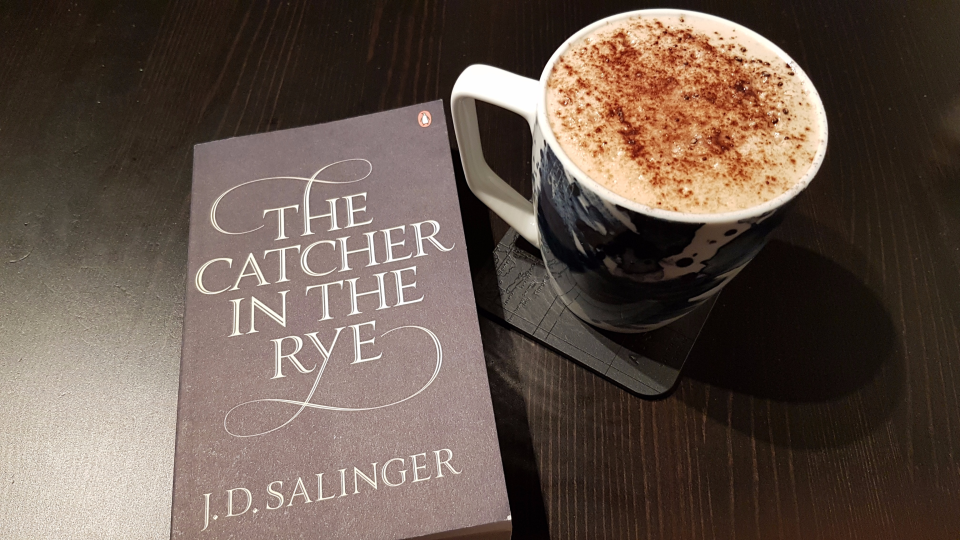The Catcher in the Rye

- Original Title:
- The Catcher in the Rye
- Author:
- J.D. Salinger
- Published:
- 1951
- Buy at:
- bookdepository.com
“The Catcher in the Rye” is amazing classic book of all time that is named on BBC’s, Time’s and Modern Library’s lists as one of the 100 best books to read. Author of this book is J.D. Salinger, American writer of novels and short stories best known for this novel “Catcher in the Rye”. Some of his other work includes: “Raise High The Roof Beam, Carpenters”, “Franny and Zooey”, “Nine Stories”, “Three Early Stories”.The main character in the novel “Catcher in the Rye” is Holden Claufield, teenager from New York, who is undergoing treatment in mental facility in California. The book describes three days that he spent in New York after being expelled from school and before coming to family home for Christmas.
The book is written in subjective style with main character Holden telling the story from his point of view. Thoughts are intertwined with actions and memories. Holden is trying to understand world of adults, having hard time to understand why people behave in certain way. He feels alienated and very emotional. "Catcher in the rye" is an analogy for Holden, who admires in children innocence, spontaneity, generosity, kindness and other attributes that he is having hard time to recognize in adults. He wants to become “Catcher in the rye” and to catch children and prevent them of falling off the cliff which symbolizes progression into the world of adults and losing of all that attributes that he admirers in children. In Holden’s speech author uses teenage colloquial speech of the time, which makes story fun and authentic.
I love symbolism in this book and Holden’s sincere attitudes. I think that this book should be must read in every high school, since I think it can help teenagers to better understand themselves and to learn that some of the feelings are just phases. Also, I love how Holden’s Professor Mr Antolini tries to explain to Holden importance of academic education. I think many students struggle to finding importance in studying subjects in which they do not have any particular interest, the same struggle that Holden had. These are the word of Mr Antolini:
“Something else academic education will do for you. If you go along with it any considerable distance, it’ll begin to give you idea what size mind you have. What it’ll fit and, maybe, what it won’t. After a while, you’ll have an idea what kind of thoughts your particular size mind should be wearing. For one thing, it may save you an extraordinary amount of time trying on ideas that don’t suit you, aren’t becoming to you. You’ll begin to know your true measurements and dress your mind accordingly.”





